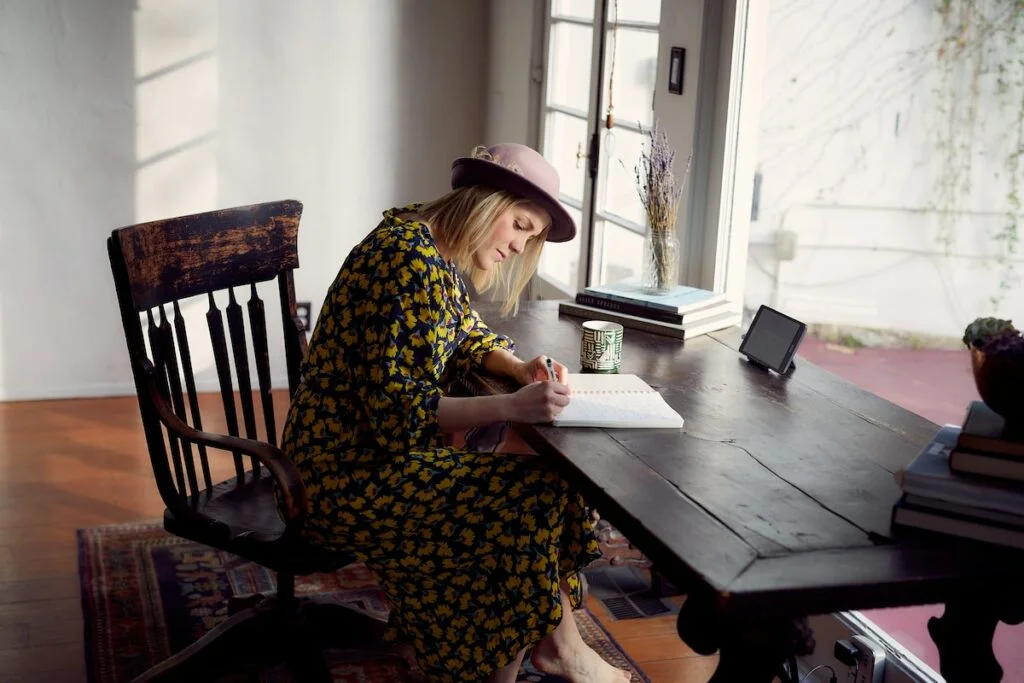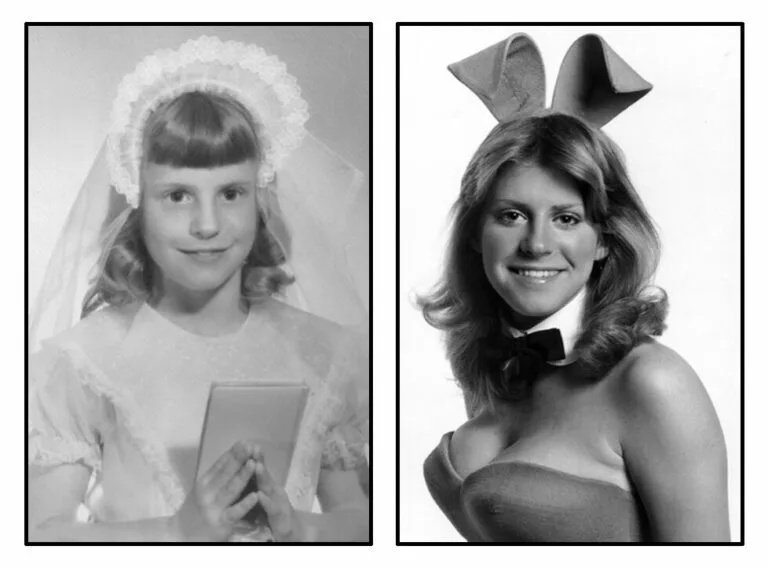The Power of the Written Word: the Renaissance of Women Poets and Storytellers
Women poets and storytellers are unleashing the power of the written word! We are exploring the captivating world of 21st century renaissance of women poets and storytellers. Self- Expression and eloquence can free your unique talent!

In the 21st century, storytelling and poetry is undergoing a profound transformation, and it is women who are at the forefront of this creative renaissance. These modern wordsmiths wield their narratives like magic spells, weaving stories that resonate deeply with the human experience. Their voices are not only captivating; they are transforming, leaving an indelible mark on our hearts and minds.
Statistics reveal a fascinating truth: storytelling and poetry are not just artistic endeavours; they are potent forces that influence the human brain. According to scientific research, the act of self-expression through words can have a profound impact on our cognitive processes and emotional well-being. When women harness the power of the spoken word, they are not only crafting tales; they are sculpting the very neural pathways of their audience.
Studies in neurobiology have shown that engaging in creative expression, such as storytelling and poetry, activates various regions of the brain associated with empathy, imagination, and emotional processing. In fact, when individuals share personal stories or listen to poetry that resonates with them, their brain releases oxytocin, often referred to as the “love hormone.” This chemical cascade fosters a deeper sense of connection, understanding, and emotional bonding between the storyteller and the audience.
Research has demonstrated that the act of speaking one’s truth, as many women poets and storytellers do, has a therapeutic effect on the mind. It can reduce stress, increase self-awareness, and even improve mental health outcomes. The power of the spoken word transcends mere entertainment; it becomes a tool for personal transformation and healing.
In this article, we delve into the world of women poets and storytellers of the 21st century. We explore the magic they weave with their words, their ability to captivate, inspire, and challenge, and the profound impact they have on the human psyche. Join us as we journey through the narratives of these modern-day wordsmiths and uncover the remarkable science behind the power of self-expression through the spoken word.
You’re about to journey into the vibrant world of 21st-century written word, where women’s voices echo powerfully. Imagine yourself joining the renaissance of women poets and storytellers. Why not experience how digital platforms are revolutionising this form of self-expression, that more and more modern women are exploring? Get ready to see how these women are shaping cultural conversations and how they influence the future of the written word. It’s time to attune your ears to the power of your creativity.
Key Takeaways
– Poetry is experiencing a resurgence in the 21st century, reflecting society’s need for authentic and emotional communication.
– Women are transforming the traditionally male-dominated space of spoken word poetry and leveraging digital platforms to break down barriers.
– Spoken word poetry challenges stereotypes, gives voice to marginalised communities, and promotes social change and inspiration.
– Technology has expanded the reach and accessibility of spoken word, providing platforms for collaboration, documentation, and innovation in presentation and production.
Renaissance of Poetry in the 21st Century
You’ve undoubtedly noticed, in the midst of the 21st century, a remarkable resurgence of poetry. This isn’t by chance; the spoken word evolution is a clear reflection of society’s increasing need for authentic, raw, and emotional communication.
Spoken word poetry, traditionally a space dominated by male voices, is now being transformed by women who are using this medium to tell their diverse stories. They’re sharing experiences of love, loss, struggle, and triumph, thus broadening the scope of perspectives heard in this art form.
But why is the revival of spoken word so significant? Well, it’s not just about reclaiming lost voices. There’s also a therapeutic aspect to it. The poetry therapy benefits are manifold. It provides a cathartic outlet for emotions, fosters self-expression, and encourages introspection.
Moreover, it’s a tool for empowerment. In a world that often tries to silence them, the spoken word gives women a platform to speak their truths and be heard. So, as you navigate this modern landscape, remember the power of the spoken word. Listen, engage, and maybe even find your own voice in the process.
Notable Women Poets and Storytellers: Trailblazers of Our Time
Often, you’ll come across trailblazing women poets and storytellers who are reshaping the narrative of the 21st century with their profound and transformative words. Such women are adding diverse perspectives and experiences to the literary landscape, challenging status quo and breaking societal norms.
Feminist narratives in poetry have become a powerful tool for these trailblazers. They’re using their words to articulate experiences, challenge patriarchal structures, and promote gender equality. These narratives aren’t just about personal experiences but are reflective of broader social realities, presenting a potent critique of gendered power dynamics.
Let’s not forget the contributions of women poets writing in non-English languages. They’re pushing boundaries and creating spaces for their voices in a largely male-dominated literary world. Be it the poignant verses of Iranian poet Fatemeh Shams or the captivating storytelling of Japanese author Banana Yoshimoto, their work is a testament to the transformative power of the spoken word.
Their stories and poems are not just expressions of personal experiences, but powerful tools of social change, forging new paths and inspiring countless others. These women are indeed the trailblazers of our time.
The Impact of Digital Platforms on Contemporary Spoken Word
We are witnessing a significant shift in the way contemporary spoken word is being shared and consumed. This shift, catalysed by digital democratisation, is reshaping the spoken word landscape. You’re seeing a surge of women poets and storytellers leveraging these platforms, breaking down traditional barriers and democratising the spoken word ecosystem.
However, the digital landscape is not without pitfalls. Online censorship poses a distinct threat to the free expression of these women artists. It’s a paradoxical situation; on one hand, the internet provides a platform for increased visibility, on the other, it can silence voices in the guise of policy enforcement.
The impact of digital platforms on contemporary spoken word is profound. It’s creating a space where women’s voices are heard, their stories told, and their experiences validated. Yet, it’s essential to remain cognizant of the constraints that online censorship can impose.
The digital age is transforming spoken word, amplifying women’s voices in the process. However, the battle against online censorship is ongoing and is a hurdle that must be overcome to ensure the continued growth and evolution of this art form.
Exploring Themes and Styles in Women’s Spoken Word Poetry
As you explore women’s poetry, you’ll notice a diversity of themes and styles that reflect their unique experiences and perspectives. This form of self-expression allows them to articulate their gendered experiences, making gender influences in poetry more apparent and relevant. Women poets utilise their voices not only to tell their stories but also to challenge societal norms and expectations.
Linguistic diversity in spoken word also plays a crucial role in conveying these experiences. Women poets often adopt a variety of linguistic styles, each laden with cultural, geographical, and personal nuances. This broad range of styles and themes reflects the heterogeneity of women’s experiences across different contexts.
Moreover, you’ll find that these poets use their words to confront and deconstruct binary gender norms. They navigate the intersections of their identities, illuminating issues of sexism, racism, and classism. The poetry serves as a platform for their resistance, a space where they assert their existence and demand recognition.
In essence, women’s spoken word poetry is a powerful tool in our understanding of gender dynamics, linguistic diversity, and the human experience. It is an exploration of identity, a confrontation of norms, and a testament to women’s resilience and strength.
The Role of Spoken Word in Social and Cultural Discourse
Before we move forward, you must understand that the impact of spoken word doesn’t just stop at personal expression, but it also shapes and influences social and cultural discourse. It’s a powerful tool for communication, used to challenge stereotypes, break down barriers, and give voice to marginalised communities.
Spoken word’s therapeutic benefits are well-documented. As a listener, you get to experience the cathartic release of emotions. As a performer, it provides a platform to express personal experiences and emotions. It’s empowering, especially for women, who historically have had their voices silenced.
Moreover, the influence of spoken word on political movements can’t be ignored. It has been used to resist oppressive regimes, promote civil rights, and advocate for gender equality. Women poets and storytellers of the 21st century, with their compelling narratives, are often at the forefront of these movements, utilising the power of the spoken word to effect social and cultural change.
Thus, the spoken word transcends the personal, becoming an instrument of social discourse, cultural critique, and political resistance. It’s a testament to the transformative power of speech and the enduring strength of women’s voices.
The Future of Spoken Word: New Voices and Directions
After diving into the historical and current landscape of spoken word, you’re likely curious about what lies ahead, and indeed, the future holds exciting new voices and directions for this powerful art form. As we move forward, expect a greater diversity of voices, particularly from underrepresented women, whose unique perspectives can enrich the spoken word landscape.
Technological advancements are also shaping the future of spoken word. New platforms for sharing and experiencing spoken word are emerging, changing the game for both creators and audiences. This digital shift brings fresh spoken word techniques into the mix, allowing artists to experiment with sound, visuals, and interactivity in their performances.
Performance aesthetics are also evolving, with more emphasis on authenticity and raw emotion. The future of spoken word is not just about polished performances, but also about real stories that resonate with people on a deep, personal level.
Furthermore, the future of spoken word will see a stronger focus on social justice issues, reflecting the increasing consciousness of our society. Women poets and storytellers are poised to use their voices to effect change, pushing the boundaries of what spoken word can achieve.
## Conclusion
In the digital era, women poets and storytellers are reshaping the landscape of spoken word. Their profound narratives, diverse styles, and thematic explorations are not only fostering cultural discourse but also paving the way for future voices. As 21st-century trailblazers, they’ve harnessed the power of digital platforms, amplifying the resonance of spoken word. Hence, their influence is undeniable, and their potential, limitless. The future of spoken word is vibrant with their contributions.
Do you want to share your story and inspire our readers ? Know that every story is paving the way for a brighter, happier future.





